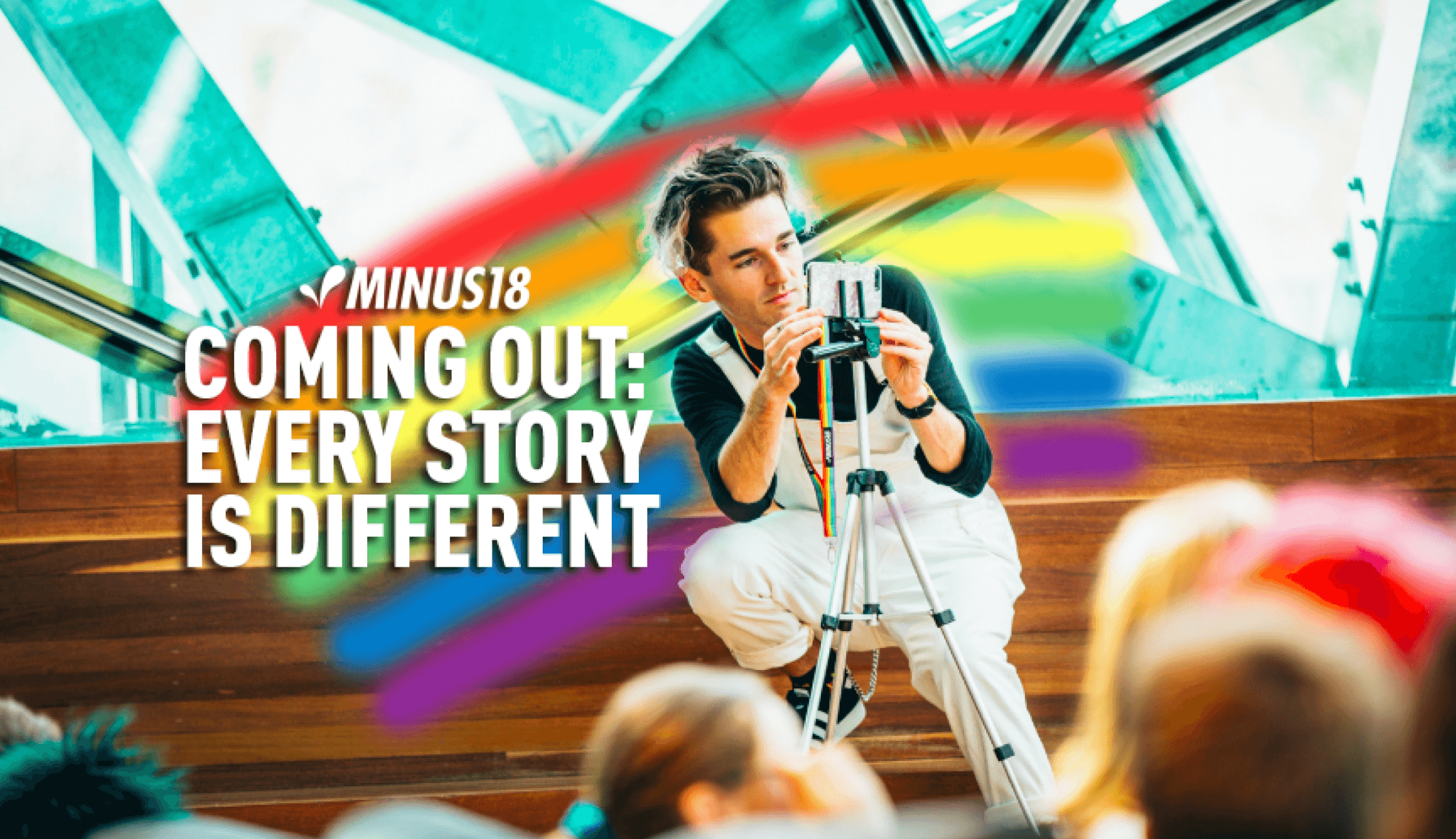
Coming Out: Adrian's Story
October 22, 2018
My experience of coming out was two different journeys: one that occurred within my social circles and another, much slower journey with my family.
I grew up out west in Melbourne, with a caring family – although we didn’t speak much about our feelings. I enjoyed school classes like drama (while also being very dramatic) and had a group of close friends (all girls, of course). All signals were already flashing this boy was maybe queer!
When I was 15, I thought maybe I might’ve been bisexual or pansexual, but when hormones started fuelling attractions, it was clear this queer boy only had eyes for other boys. I didn’t embrace or accept this fact for years though, since being gay at school made you a target for bullying – I’d see others who were open about their sexuality, targeted by their peers, with no positive visibility about anything LGBTQIA+ from our school.
Things began to change when I was 17, when I started a job in retail. For the first time, I openly accepted my identity and could openly discuss my feelings and attractions.
Why? The feeling of stepping into this job was a huge shift, this new chapter allowed me to meet new people and speak to them about their own experiences – many of whom were queer themselves. Openly talking about this began to normalise what was always reserved for secret Googling or meeting people online. There was an immense feeling of release, for the first time I could finally start talking to these new friends about cute boys and crushes.
Around the same time, I started at university and – fresh faced and a little out of my depth – I entered another community of diverse backgrounds, ages and personalities. I made new friends who were accepting, and celebrated the parts of my identity that I felt I had hid for years!
Within a year, all my friends knew my sexuality and embraced me wholeheartedly, which allowed me to dabble in dating and, before I knew it, I had started my first serious relationship. But also still hadn’t told my parents. Oops.
I introduced my family to my boyfriend at the time as a friend…who would also sometimes sleepover and I’d stay at his, so it didn’t take long for them to connect the dots. They quickly began referring to him as my boyfriend and he’d be invited to family dinners and events without a second thought.
Why, even at this point, could I not talk to them about it or say the words that yes, I was gay, and that was okay? It wasn’t until we broke up around a year later, that in a flood tears I ran up to my mum’s room sharing my heartache. In that moment I could finally express myself and own my sexuality. After five years, at 21, the different aspects of my life began to align and I could openly embrace myself. Since that night, I've spoken freely with my mum about my relationships, dates and misadventures. It's wonderful.
Now nearly five years later, when I look back, it makes me realise the impact of representation from things as simple as more conversations about the LGBTQIA+ community from our teachers. It’s so timely that the discussion of the Religious Freedom Act seeks to discriminate against gay teachers and students – ultimately rejecting youth and perpetuating a culture of people staying in the closet in fear of being exposed and singled out in front of their peers.Something that we at Minus18 stand against, petitioning to the government to understand the implications this would have on the health and welfare of young people.
Being in my 20s and reflecting on my coming out story, I wouldn’t change it. I think that for every person, it happens as it needs to, step-by-step, building your support network to help you embrace what can become some of the best parts of yourself.
You can read more here on tips for coming out and ways to explore your gender and expression, or even if you aren’t ready, it’s okay to not come out. Or if you know someone who is coming to terms with the process of coming out, you can read about how to be supportive.
Related articles
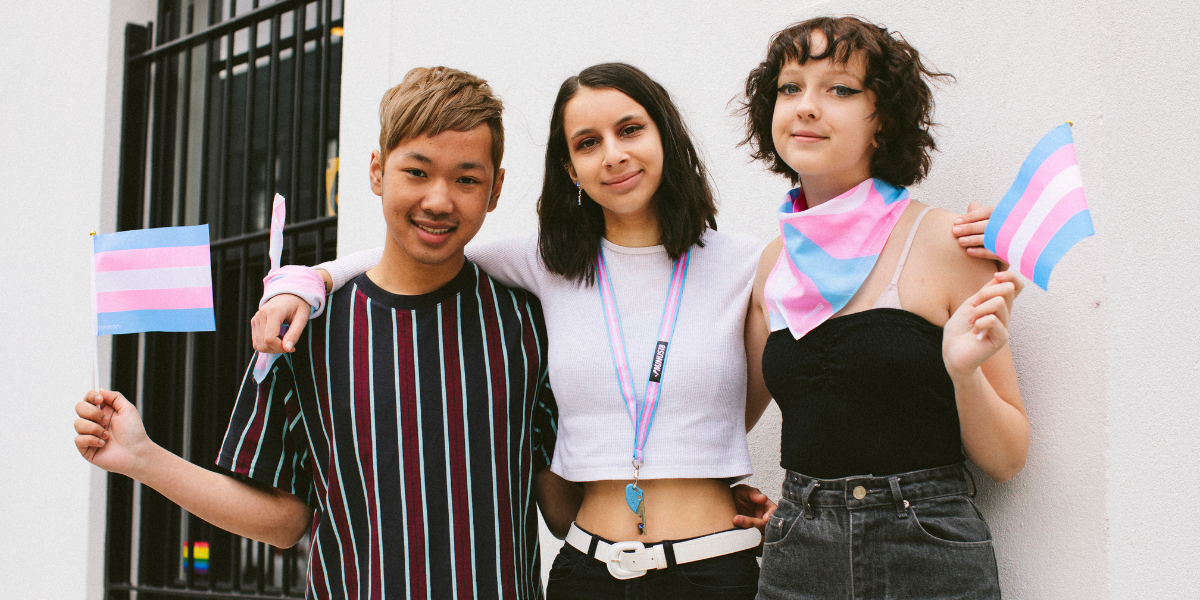
Understanding how to be a trans ally isn't just for those outside the LGBTQIA+ community – it's also for cisgender queers.
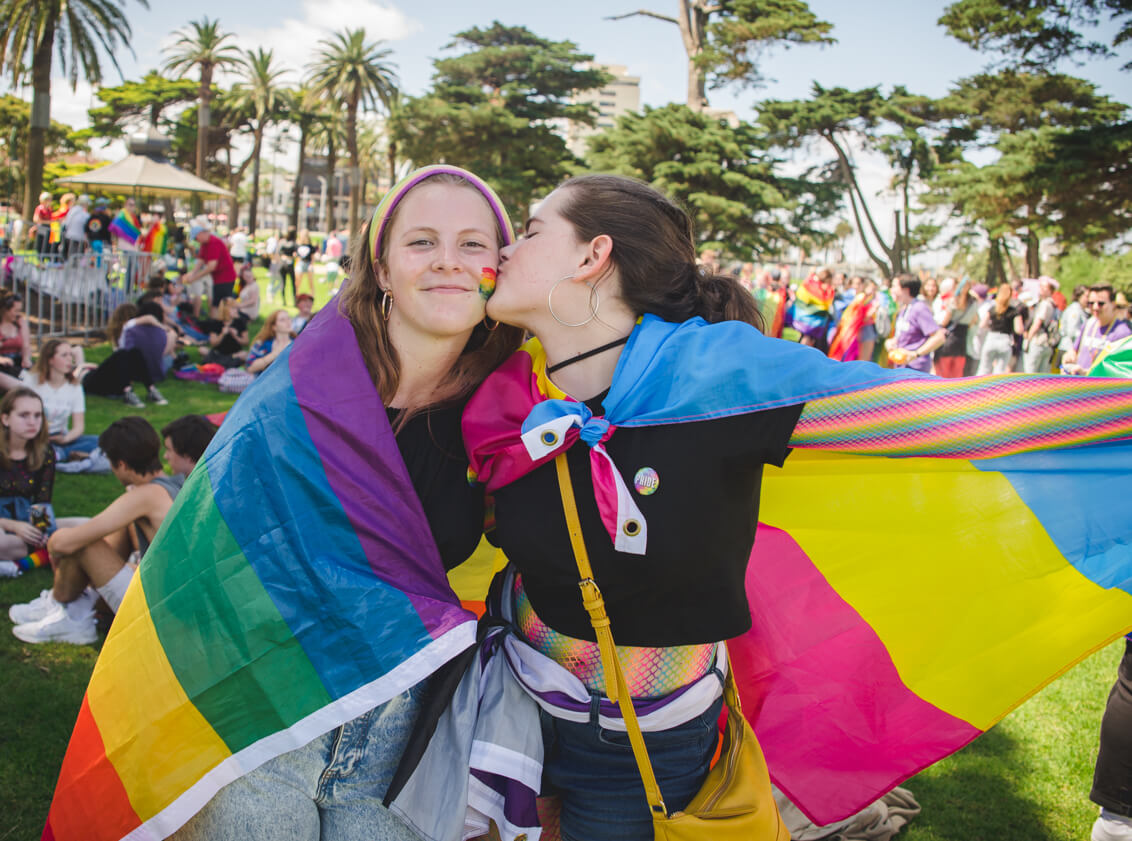
Bisexual, pansexual – they're similar, they're different, and both totally valid identities.
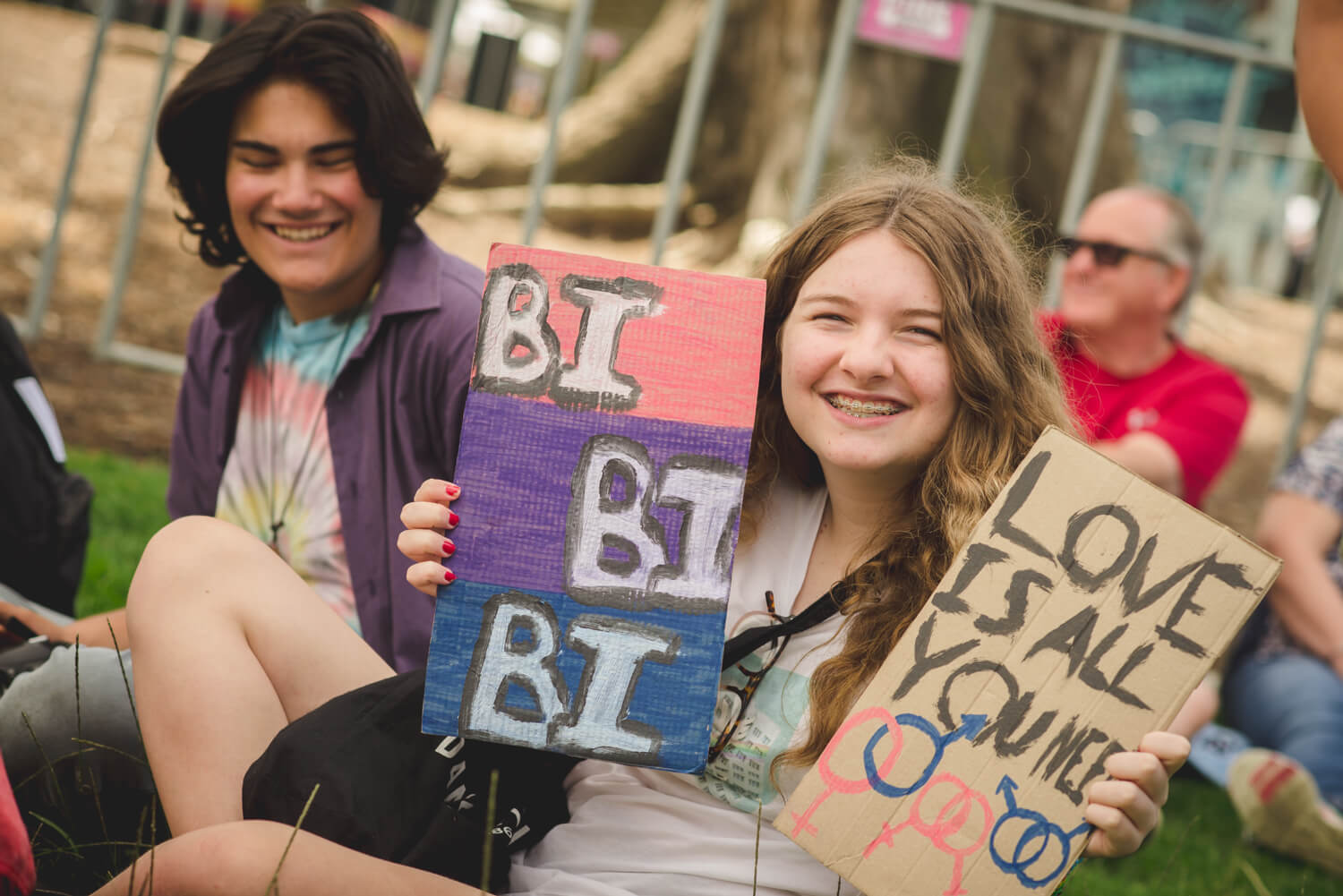
Crappy myths about being bi like "you're just confused" or "greedy" or more likely to cheat – we're 100% busting them, right now.
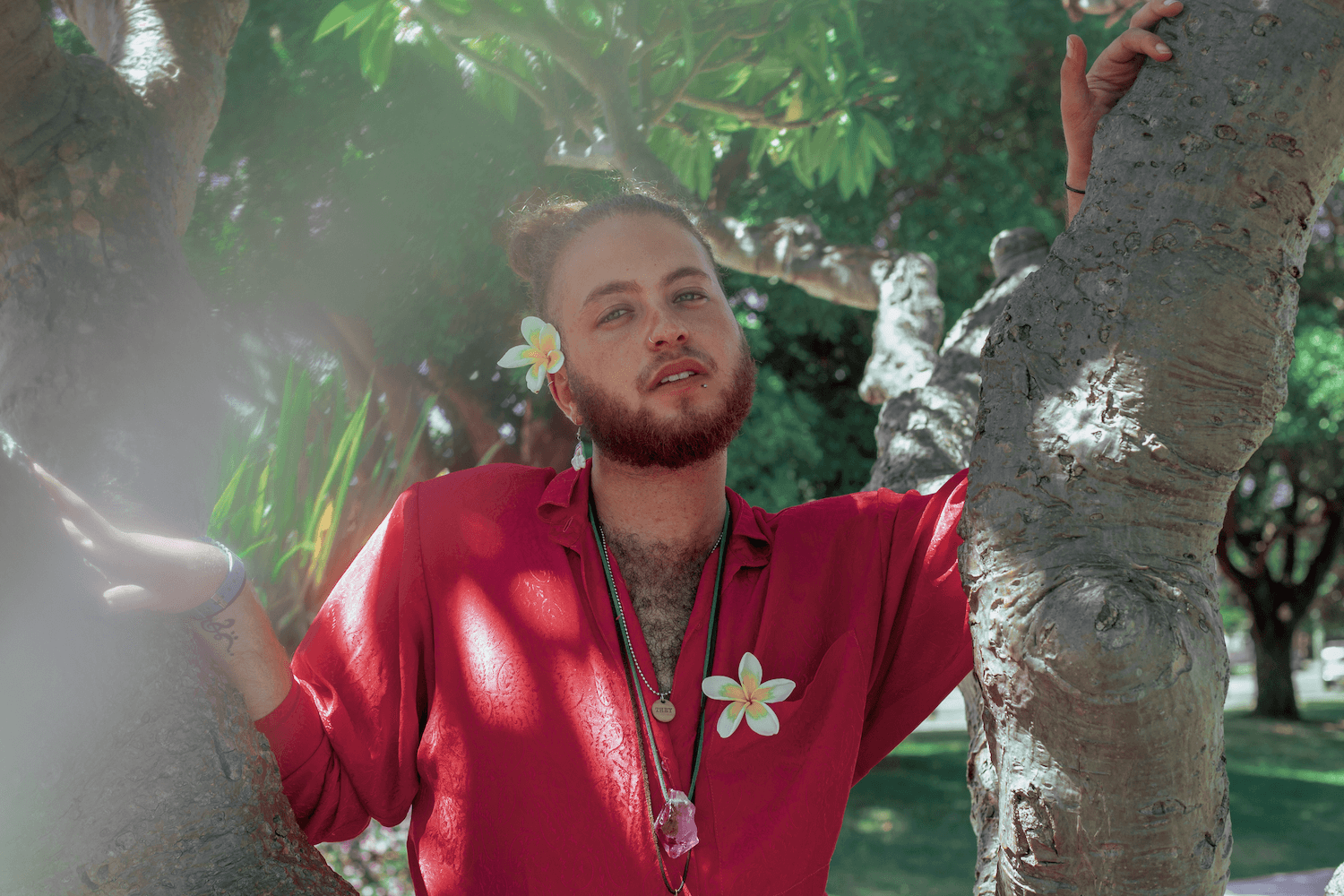
Acclaimed queer, non-binary writer and activist Nevo Zisin explores the ways identities can change over time.